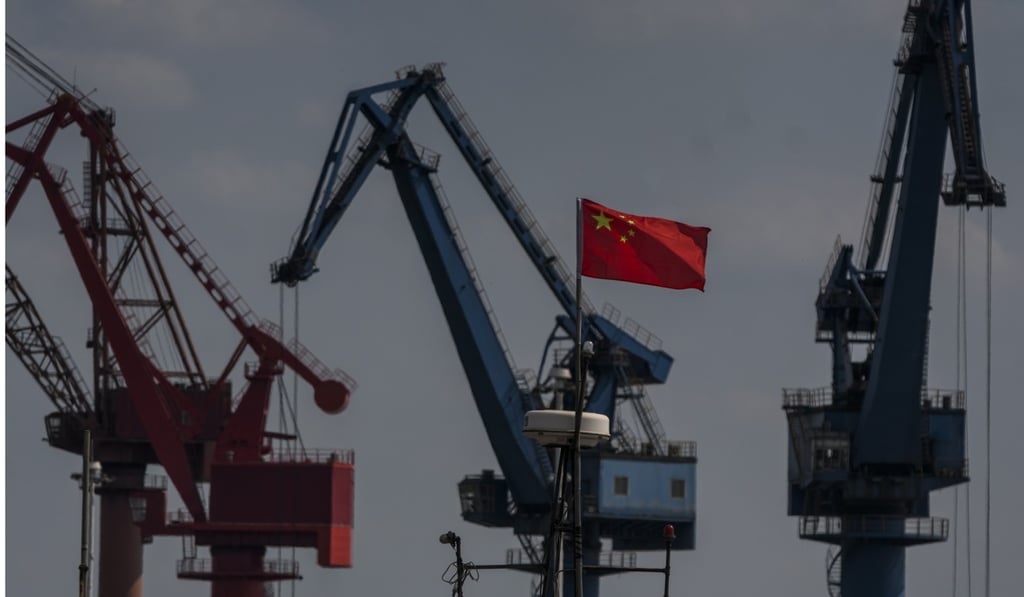China should boost ties with Japan, South Korea to counter increasingly hostile US, analysts say
- Beijing has become too dependent on US for trade, government researchers say
- Nation should leverage relationships with Tokyo, Seoul and Southeast Asia to drive regional economic development

China should increase its cooperation with Japan and South Korea to offset the economic impact of its trade war with the United States, government researchers said.
Despite the prolonged efforts of Chinese and US officials to resolve their seven-month dispute, the economic, technological and geopolitical rivalry between the world’s two largest economies is set to continue and intensify, so Beijing should focus on strengthening relations with its Asian neighbours, they said.

“China has overrelied on the US economy,” Zhang Jifeng, deputy director of the Institute of Japanese Studies at the Chinese Academy of Social Sciences (CASS), said at a seminar on Thursday on Beijing’s relations with Tokyo and Seoul.
“China needs to better leverage Japan, to relieve or even resolve the conflict with the US.”
There have already been signs of improved ties between Beijing and Tokyo, with Japan’s Prime Minister Shinzo Abe visiting Beijing in October and Chinese President Xi Jinping set to travel to Japan later this year. Meanwhile, Beijing and Seoul appear to have put their disagreements – sparked by the latter’s deployment of a US anti-missile system in 2017 – on hold as a result of shared trade tensions with the US.